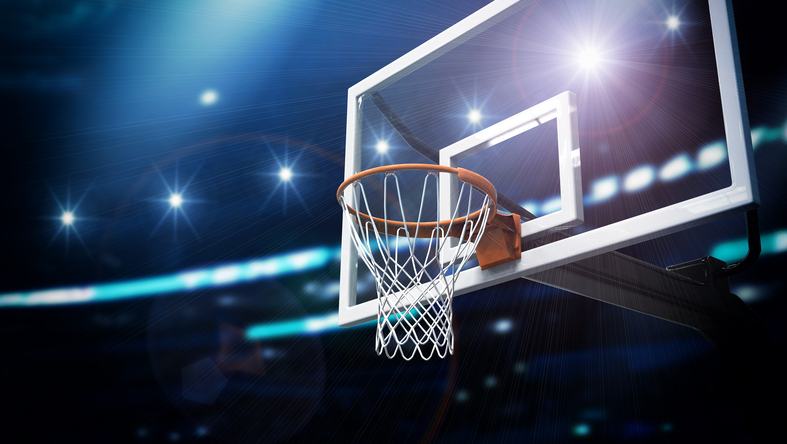On September 5, 2018, a Stanford University professor, Dr. Roger Noll, testified as an economist expert on behalf of the college athletes in the ongoing NCAA antitrust trial. Dr. Noll criticized the NCAA’s amateurism rules, claiming that college basketball and football is not a “fragile enterprise dependent on how much players get paid.” As we have previously reported, in this particular lawsuit, a class of college athletes are attempting to challenge the existing NCAA amateurism rules and attempting to create an open market for various NCAA schools to compete for top college recruits. Dr. Noll testified that the NCAA’s concept of amateurism “a fiction.”
According to Dr. Noll, the NCAA’s amateurism rules change annually, additional items are deemed eligible, and others ineligible, for compensation every year. For example, “things like emergency travel funds were considered professional sports payments five to ten years ago, they aren’t now.” According to Noll, “[w]hatever doesn’t violate NCAA rules – that’s the definition of amateurism. Whatever they say is allowed is consistent with amateurism.” Similar to Daniel Rascher’s testimony on September 4, 2018, Dr. Noll said that there is no empirical evidence to suggest the O’Bannon rule change had diminished sports revenues. The O’Bannon decision forced the NCAA, and its member schools, to begin paying college athletes up to the cost of attendance and to offer additional benefits above the cost of attendance.
Like Rascher’s testimony, Dr. Noll’s testimony, directly contradicts statements made by the NCAA in their opening statement. According to the NCAA, the “amateurism rules” are fundamental to the NCAA because college students want to see competition for their school by fellow students, alumni and others want to see students compete for the schools they support, and even fans with no particular school connection want to see amateur student competition. Simply put, in their opening statements, the NCAA argued that amateurism defined NCAA sports and removing the amateurism rules would destroy the very essence of the NCAA.

